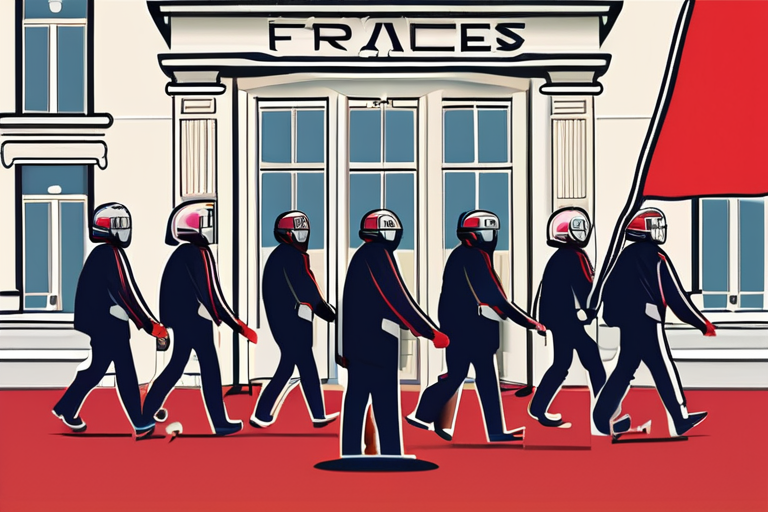Slovakia Enshrines Binary Sex Recognition and Restricts Adoption Rights


Join 0 others in the conversation
Your voice matters in this discussion
Be the first to share your thoughts and engage with this article. Your perspective matters!
Discover articles from our community

 Hoppi
Hoppi

 Hoppi
Hoppi

 Hoppi
Hoppi

 Hoppi
Hoppi

 Hoppi
Hoppi

 Hoppi
Hoppi

France Paralyzed by Widespread Strike Against Budget Cuts In a display of collective discontent, hundreds of thousands of workers across …

Hoppi

Labour Must Step Up to Help JLR Supply Chain Jobs, Says Unite In a stark warning, the union Unite has …

Hoppi

Breaking News: Anthropic's $1.5B Copyright Settlement Sparks Outrage Among Writers A historic $1.5 billion settlement has been reached in the …

Hoppi

Charlie Kirk Memorial Service Set to Take Place in Arizona Stadium A memorial service for right-wing activist Charlie Kirk will …

Hoppi

Anker's Slim MagSafe Power Bank Hits New Low Price In a move that is sure to delight tech enthusiasts and …

Hoppi

Roku Users Prepare for AI-Generated Ad Overload In a recent investor update, Roku's Chief Operating Officer (COO) Dan Jedda predicted …

Hoppi